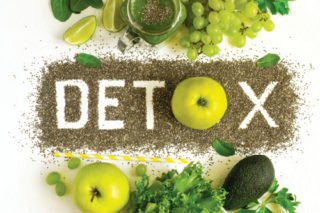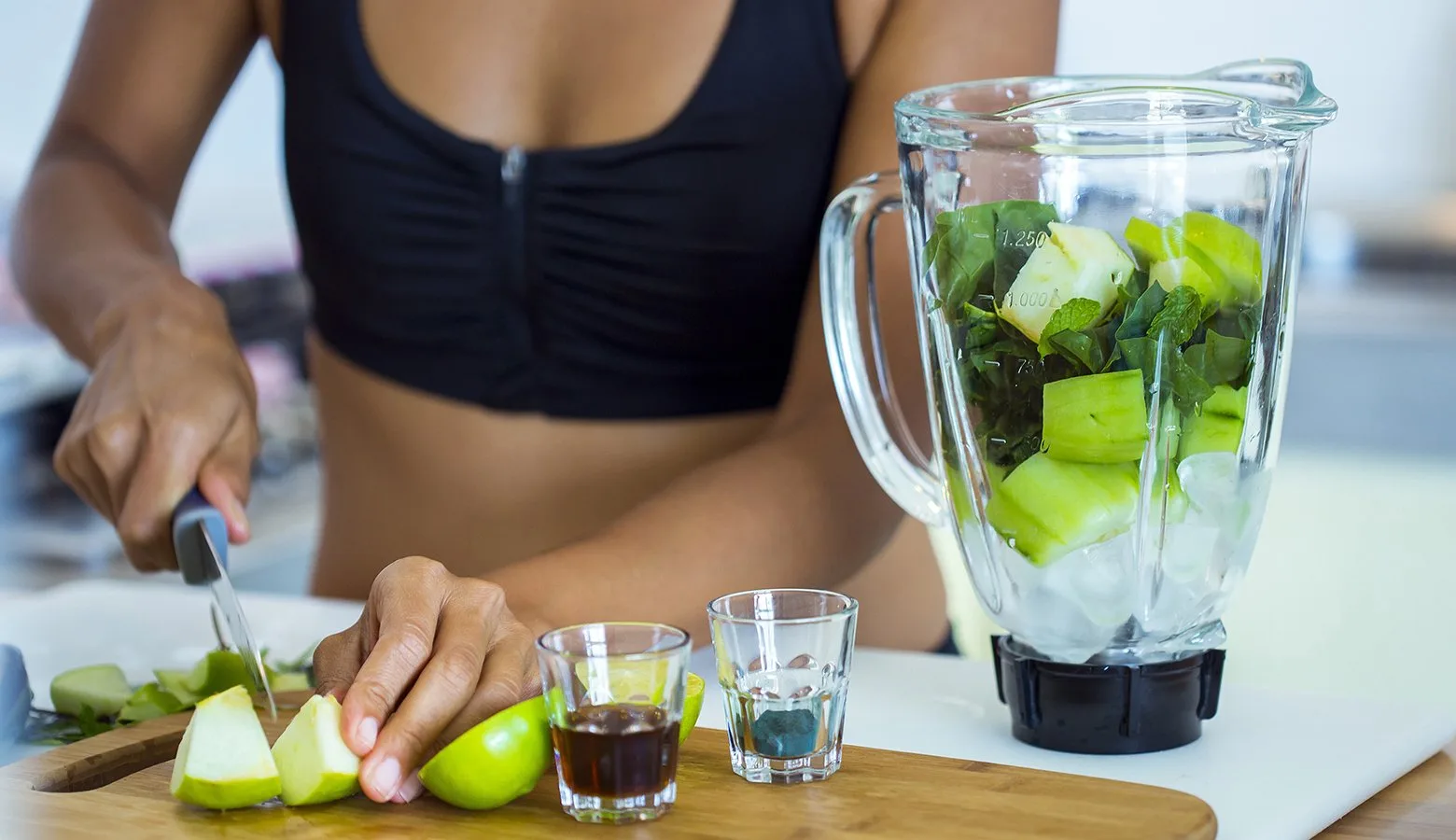When it comes to ensuring that the body stays healthy, the liver is definitely at the forefront. Often referred to as the body’s personal detoxing system, the liver helps to keep your body healthy and clean by removing toxins from the body. If that’s not enough, this vital organ is also responsible for destroying old blood cells, ensuring that nutrients are more easily absorbed, storing minerals, iron, and vitamin A, as well as producing essential proteins and cholesterol and produce bile to break down and digest fats. That said, it’s no wonder that people are concerned with maintaining the health of the liver, and as such if there’s one trend that will never die, it’s a liver detox.
But, do I need a liver detox?
Before we get into the effectiveness of a liver detox, it’s best to first discuss what would bring someone to it. As mentioned, the liver is the body’s personal detox system, and if it’s compromised, then you’re definitely going to feel the effects. That said, below are signs that your liver may need a little help;
- Bloating and gas
- Acid reflux and heartburn
- Constipation
- Skin and/or eyes that are yellowish
- Inability to lose weight
- High blood pressure
- Moodiness, anxiety or depression
- Dark urine
- Chronic fatigue
- Excessive sweating
- Bruise easily
- Poor appetite
So, what’s causing it?
Now while the average person may associate poor liver function with excessive alcohol consumption – which is fair – there are other facts that can compromise your body’s liver function. These include;
- Consuming excess sugar
- Being overweight
- Incorrectly taking your medication
- High doses of supplements
- Poor gut health
Should I do a liver detox? 
A liver detox, or cleanse, often takes the shape of fasting on cayenne-infused lemon water for a week, in hopes of cleaning your liver and even losing weight. Now, while this health fad is often featured on every health website known to men, there are a few concerns when it comes to liver detoxes and cleanses.
For one, these cleanses can be dangerous as they often encourage people to go on diets and fasts that may deprive them of essential nutrients, leading to deficiencies and malnutrition. What’s more, there have yet to be any scientific studies that support the benefits of liver detoxes. What’s more, the products that claim to help to detox the liver are not regulated. Essentially, there is a low chance of an unhealthy liver getting better because of a liver cleanse.
Liver detox may not necessarily be the best way to protect liver health. However, there are other ways that can help to protect it – particularly through dietary measures. That said, below is a list of liver-friendly foods that you can add to your diet, boosting your body’s personal detoxing system.
Liver-friendly foods
1. Green Tea
Rich in antioxidants, green tea can do wonders for your health, and that includes your liver as well.
For instance, a Japanese study published in the British Medical Journal found a strong association between drinking 5–10 cups of green tea per day and improved blood markers of liver health.
Additionally, separate research published in the International Journal of Molecular Medicine found that after drinking green tea for 12 weeks, patients with non-alcoholic fatty liver disease (NAFLD) noted an improvement in their liver enzyme levels. Researchers also noted that green tea may have helped to reduce oxidative stress and fat deposits in the liver.
Lastly, findings published in the Nutrition and Cancer journal revealed that drinking four or more cups a day of green tea can help to reduce your risk of developing liver cancer.
With that said, if you’re looking to boost your liver health, it’s preferable to stick to buying green tea as opposed to green tea extracts. This is because some supplements have been found to damage the liver, as opposed to helping it.
2. Cruciferous Vegetables
A food group that consists of broccoli, cauliflower, brussels sprouts, and cabbage. These vegetables can help to boost liver health because they are rich in the compound glutathione.
While human studies are limited, animal studies have found that eating cruciferous vegetables may help the body remove toxins, and it may even slow down the progression of fatty liver disease in mice (1).
That said, a 2015 study published in the World Journal of Gastroenterology found that broccoli sprout extract helped to improve liver enzyme levels and decrease oxidative stress in men with fatty liver disease.
3. Nuts

If you’re looking for the ultimate snack food, then look no further than nuts. High in omega 3 fatty acids, as well as antioxidants and vitamin E, nuts are exactly what your health, and your liver, need.
For one, findings published in the World Journal of Gastroenterology found that, over a six-month period, 106 people with non-alcoholic fatty liver disease experienced improved levels of liver enzymes following their regular consumption of nuts.
What’s more, an observational study published in the Journal of Gastroenterology and Hepatology found a link between men who ate small amounts of nuts and seeds and an increased risk of developing NAFLD.
4. Olive Oil
Olive oil is considered one of the best sources of healthy fat in the world, and this can help to benefit your liver.
Fat accumulation in the liver is one of the first signs of liver disease. That said, research published in the journal Diabetes Care found that consuming a teaspoon of olive oil a day helped not only improve liver enzymes, but also fat levels.
5. Berries
Berries, particularly deep-hued ones like blueberries, blackberries, and raspberries, are rich in antioxidants known as polyphenols, and these plant compounds may help to protect the liver from damage.
According to an animal study published in the World Journal of Gastroenterology, the antioxidants commonly found in berries helped to slow down the development of scar tissue in the livers of rats.
Additionally, a test-tube study found in the Food Chemistry journal revealed that blueberry extract helped to inhibit the growth of human liver cancer cells.
6. Coffee
That’s right. Believe it or not, your morning cup of coffee may be what’s keeping your liver so healthy, as a result of its protective properties.
For instance, a study published in the Journal of Clinical Gastroenterology suggested that coffee helps to reduce fat buildup in the liver. If that’s not enough, the same study found that drinking coffee helps lower the risk of permanent liver damage in people with chronic liver disease. Additionally, a separate study saw that drinking coffee can help reduce the risk of death in people with chronic liver disease (2).
What about which foods to avoid?
As there are foods that can help to keep your liver healthy, there are also those that may affect its health. These include:
- Fatty foods
- Processed carbohydrates
- Sugar
- Excess salt and of course,
- Alcohol
The bottom line
Your liver is a vital organ that’s needed for various processes, in order to keep your body healthy. Now, while the efficiency of a traditional liver detox or cleanse is still up for debate, there are foods that can help protect its health.



![women [longevity live]](https://longevitylive.com/wp-content/uploads/2020/01/photo-of-women-walking-down-the-street-1116984-100x100.jpg)










